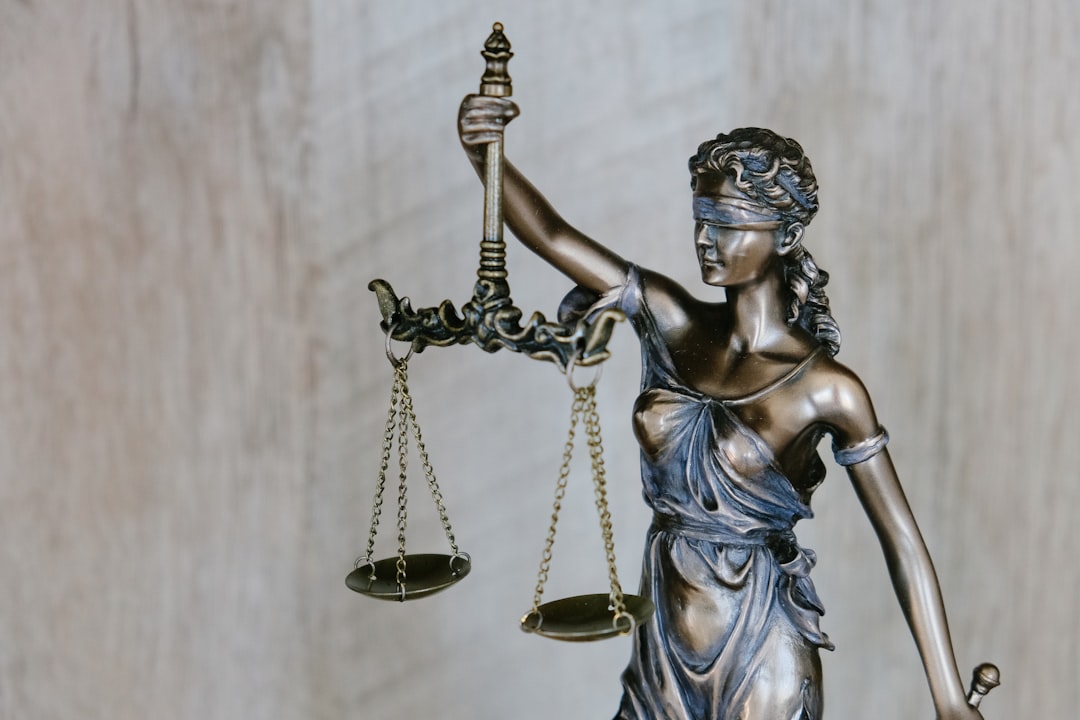In Georgia, unwanted phone calls from debt collectors targeting individuals with no outstanding debts (wrong number calling) are common and illegal. Victims have rights under federal laws like the TCPA and state consumer protection laws. Document interactions, record conversations (if legal), and consult a specialized GA attorney to understand options, protect against misuse of personal information, and seek damages or halt harassment. Search for "debt collector calling wrong number lawyer GA" or "robocall lawyers GA" to find reputable law firms equipped to handle these issues promptly.
Help Victims of Illegal Telemarketing Practices in Georgia
Illegal telemarketing practices, such as unwanted robocalls and debt collector intrusions, are a pervasive issue in Georgia. When a debt collector calls the wrong number, it’s not just an annoyance—it’s a violation of your privacy and rights. This article guides victims through understanding their illegal telemarketing practices, knowing what to do when a debt collector reaches out inappropriately, and exploring legal options with help from specialized robocall lawyers and law firms in GA. Learn the steps to take after a robocall incident and reclaim control over your communications.
- Understanding Illegal Telemarketing Practices in Georgia
- Your Rights as a Victim: What to Do When a Debt Collector Calls the Wrong Number
- Finding the Right Legal Support: Robocall Lawyers and Law Firms in GA
- Navigating Legal Action: Steps to Take After a Robocall Incident
Understanding Illegal Telemarketing Practices in Georgia
In Georgia, illegal telemarketing practices often manifest as unwanted phone calls from debt collectors targeting individuals who do not owe any debts. This phenomenon, commonly known as wrong number calling, has severe implications for privacy and consumer rights. Debt collector robocalls, when made to unintended recipients, violate federal laws like the Telephone Consumer Protection Act (TCPA), which restricts automated calls without prior express consent. Many residents in Georgia have reported receiving repeated harassing calls from debt collection agencies or their attorneys, even after requesting cessation of such communications.
If you’ve been a victim of these practices, understanding your rights is crucial. A lawyer specializing in consumer protection and telemarketing laws, often referred to as robocall lawyers or attorneys, can help. In Georgia, legal experts focused on debt collector calling wrong number cases assist clients in navigating the complexities of the TCPA. They can represent you in filing complaints with regulatory bodies, seeking damages for emotional distress, and ensuring that your rights are protected against further harassment. Don’t hesitate to consult a reputable law firm in GA if you’ve experienced such unwarranted calls; they can provide guidance and legal recourse.
Your Rights as a Victim: What to Do When a Debt Collector Calls the Wrong Number
If a debt collector contacts you by phone and you believe they’ve called the wrong number, it’s important to know your rights as a victim of potential illegal telemarketing practices. In Georgia, as in many states, collectors are bound by laws that protect consumers from harassment or false representation. According to the Consumer Financial Protection Bureau (CFPB), debt collectors must verify they’re speaking with the right person before proceeding with any collection activities.
If you receive a call from a debt collector who has dialed the wrong number, there are several steps you can take. First, remain calm and polite; assertively inform them that they have reached the wrong number. Document the interaction by noting the caller’s name, company, and phone number (if shared). You can also record the conversation—but be sure to check local laws regarding one-party consent recording. Consider seeking advice from a lawyer specializing in consumer rights or robocall cases in Georgia, who can help you understand your legal options and protect yourself against potential misuse of personal information.
Finding the Right Legal Support: Robocall Lawyers and Law Firms in GA
Finding the right legal support is essential when dealing with illegal telemarketing practices like debt collector calling wrong numbers in Georgia. If you’ve received unwanted robocalls or been contacted by a debt collector for a debt that isn’t yours, it’s crucial to consult a lawyer specialized in these issues. GA offers access to numerous law firms and attorneys who focus on consumer protection and can help navigate the legal complexities involved.
When searching for a lawyer, consider those with expertise in telecommunications law and experience handling cases related to robocalls. Look for “debt collector calling wrong number lawyer GA,” “robocall attorneys GA,” or consult local bar associations to find reputable firms known for their work in this area. Remember, quick action is often beneficial, as there may be time limits on when you can file a complaint or take legal action against the culprits behind these illegal practices.
Navigating Legal Action: Steps to Take After a Robocall Incident
If you’ve experienced a robocall from a debt collector targeting the wrong number, it’s important to take swift action. The first step is to document the incident. Save the call as evidence, noting the date, time, and any specific information about the caller or their messages. This includes hanging up and saving the call log on your phone or recording the conversation if permitted by local laws.
Next, contact a lawyer specializing in consumer protection or robocall litigation. A debt collector calling the wrong number may have violated federal Telephone Consumer Protection Act (TCPA) regulations. A GA-based lawyer can help you understand your rights and options. They can guide you through the process of filing a complaint with relevant authorities, seeking damages for emotional distress, or even negotiating a settlement with the caller. Don’t hesitate to reach out; many law firms offering robocall attorneys GA are dedicated to assisting victims regain control and protect their privacy.






